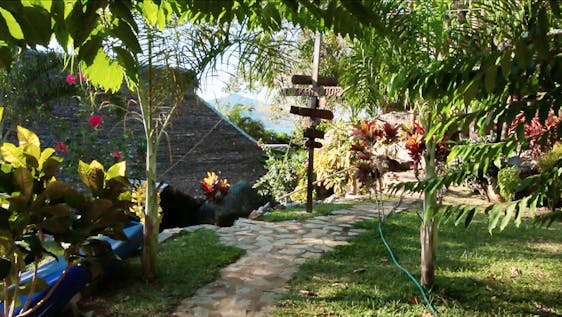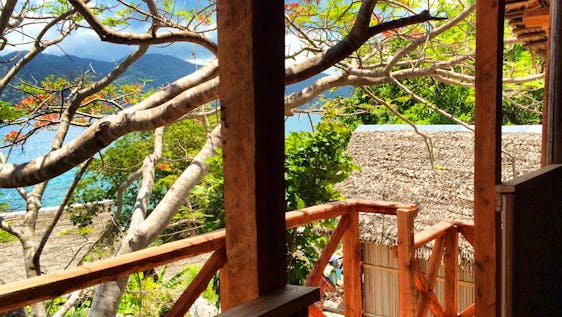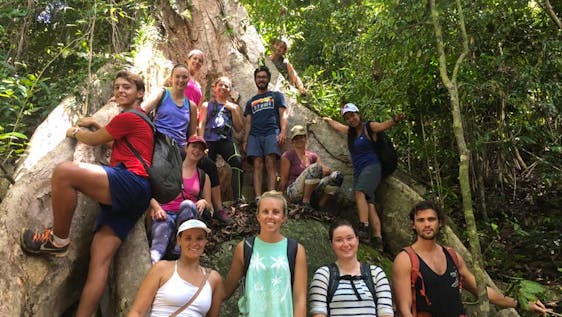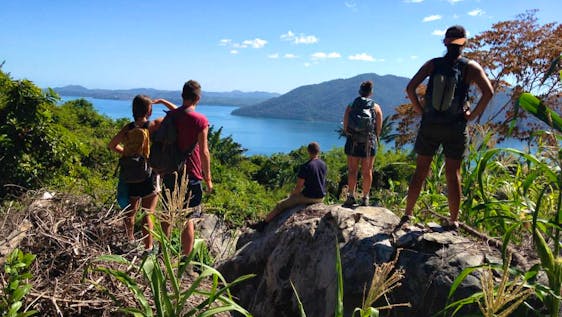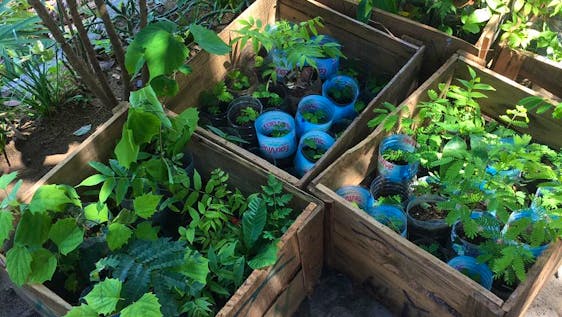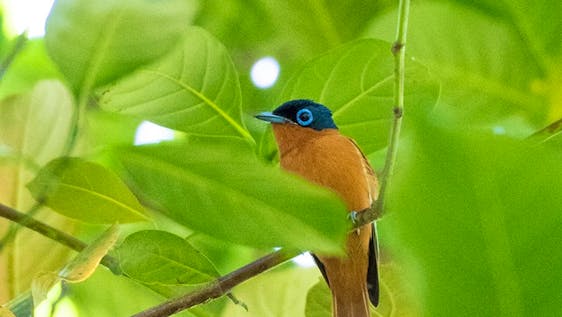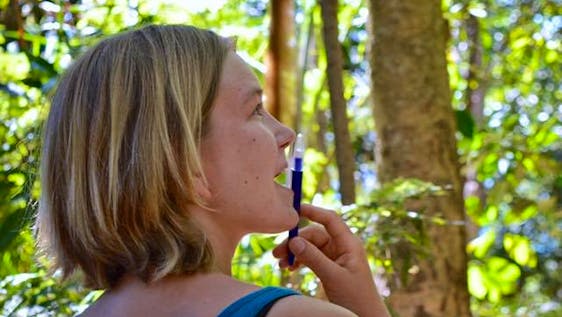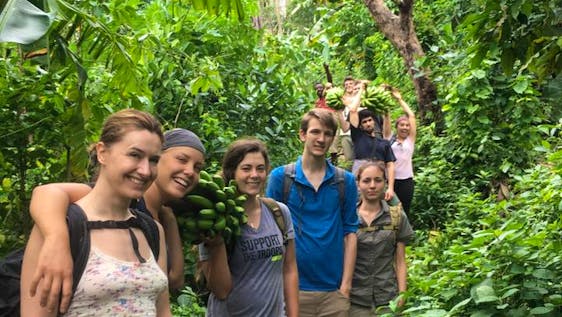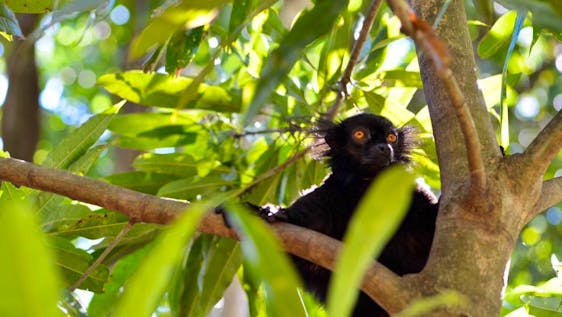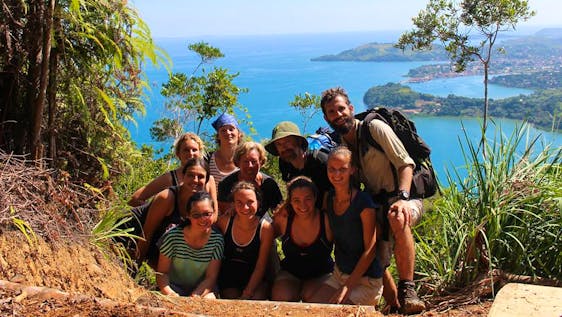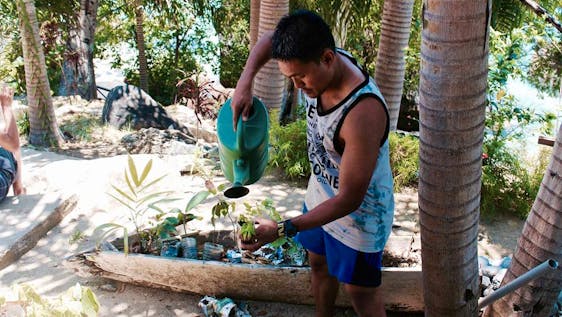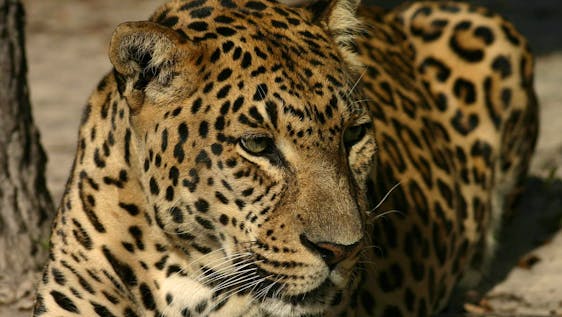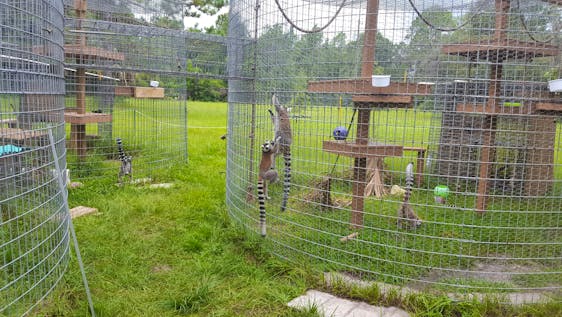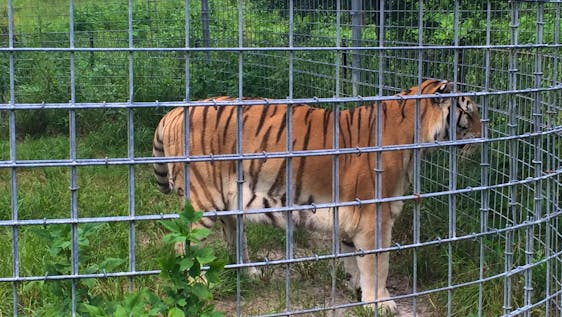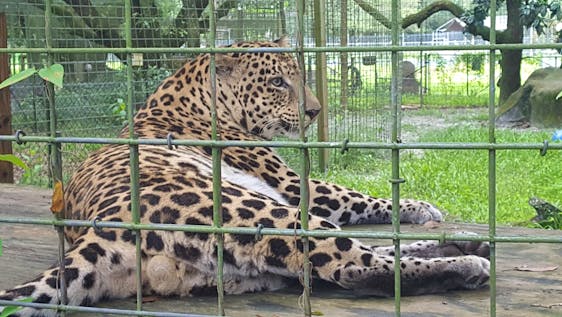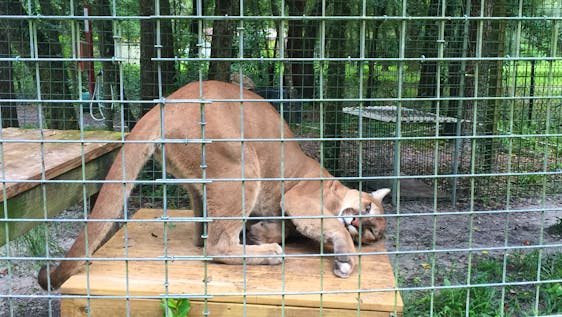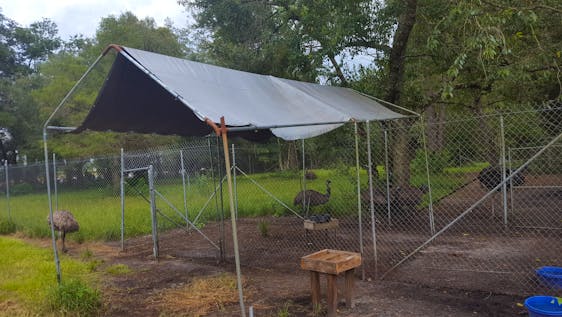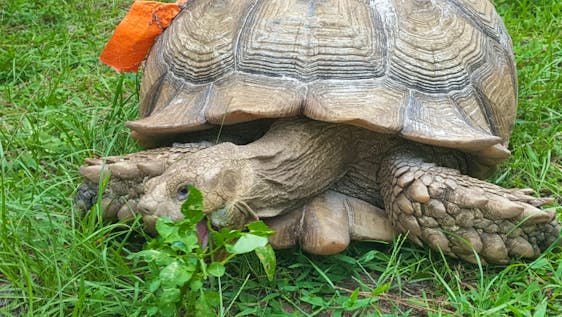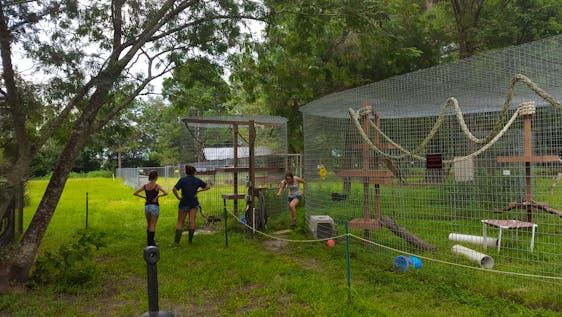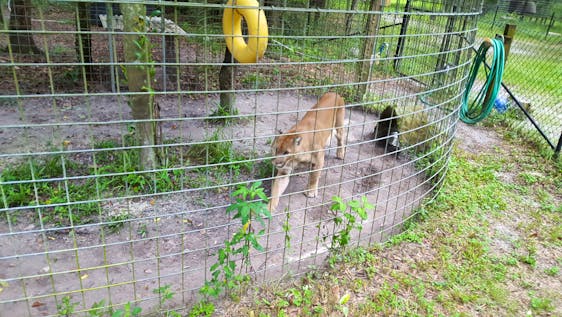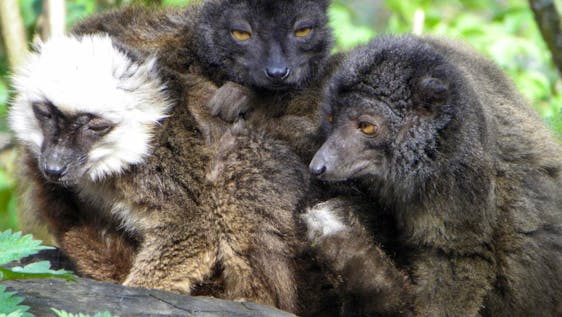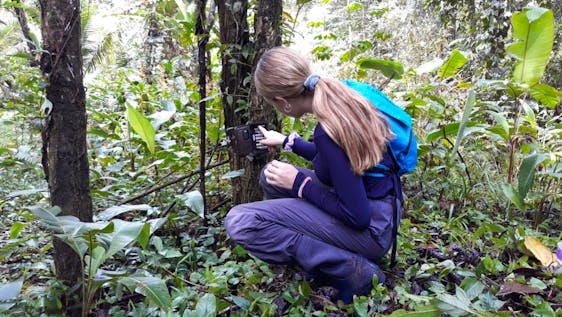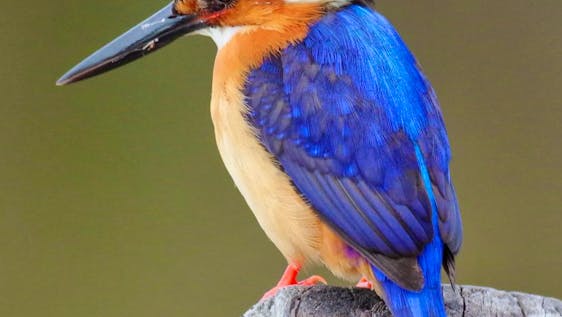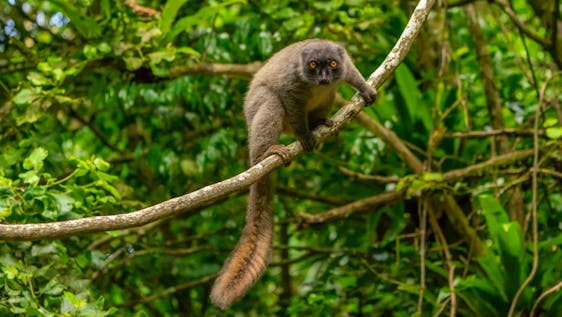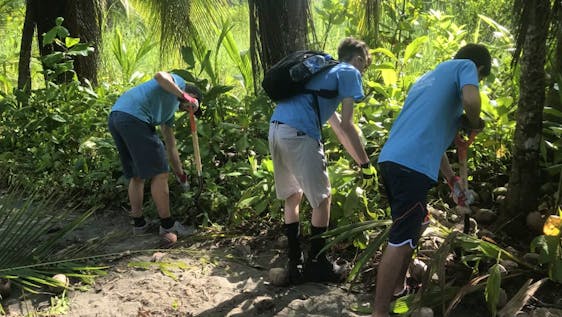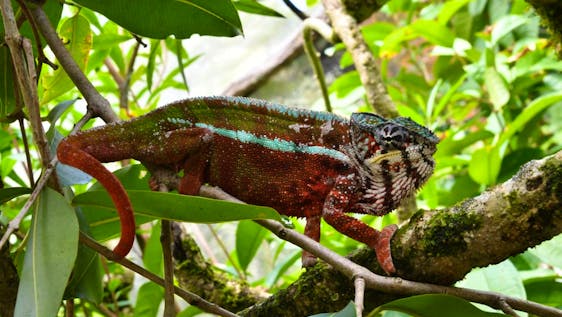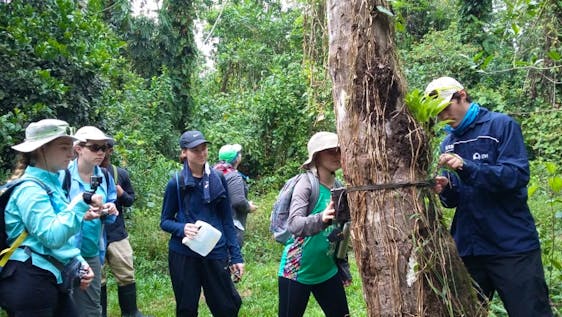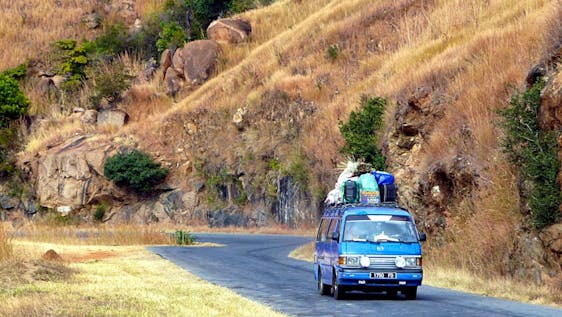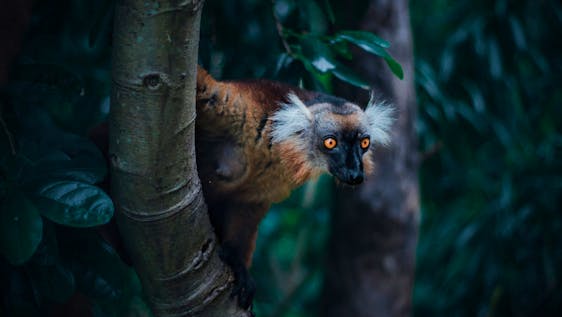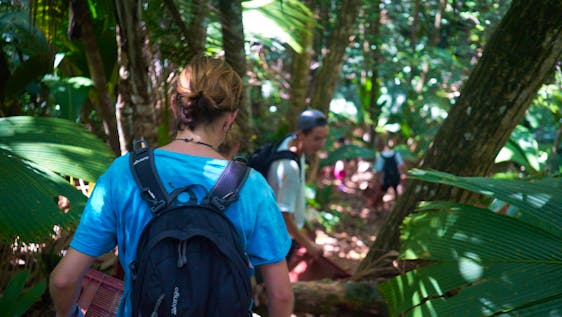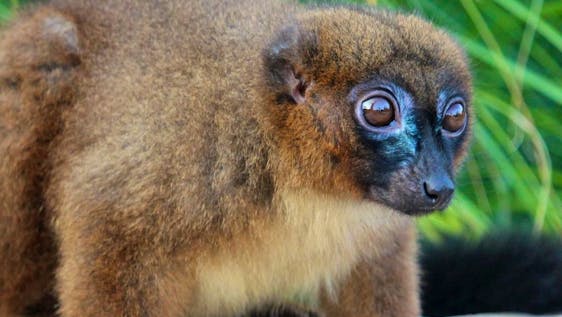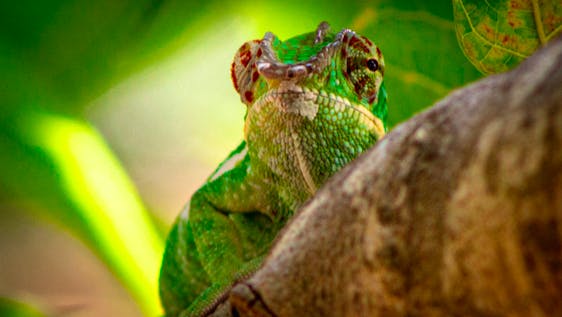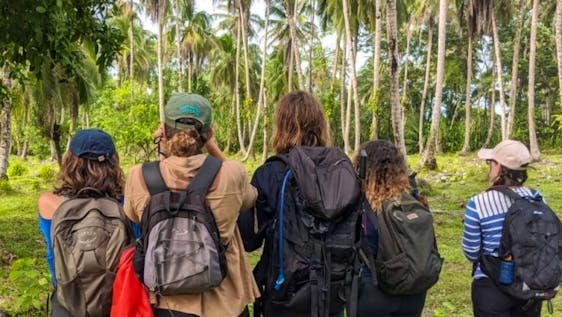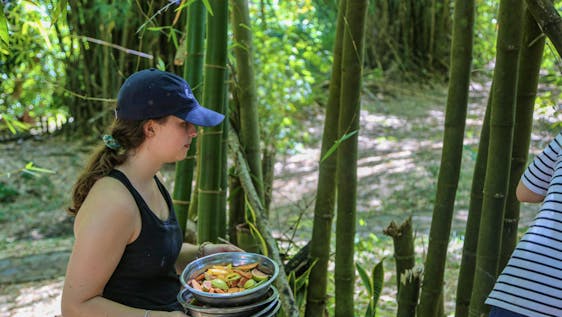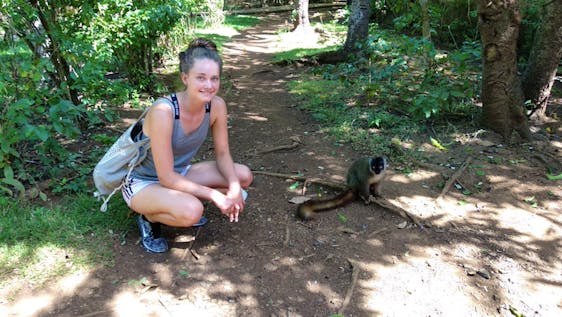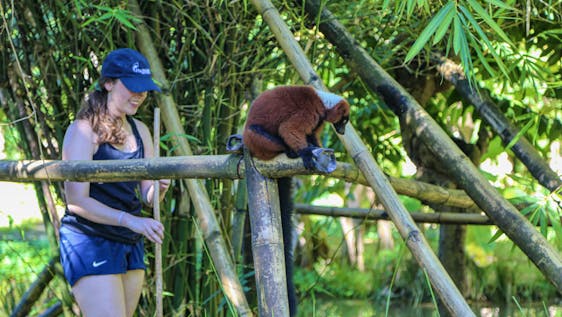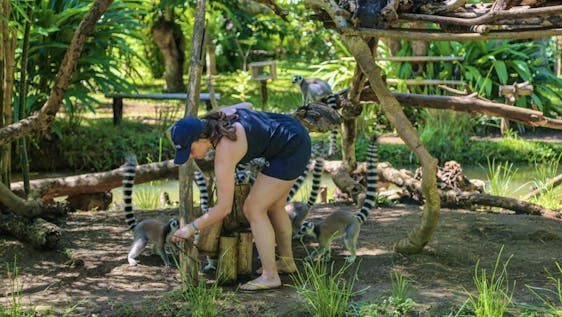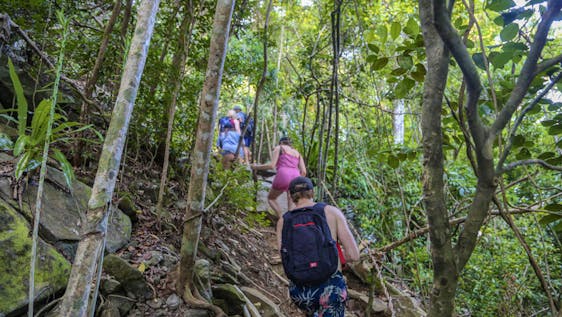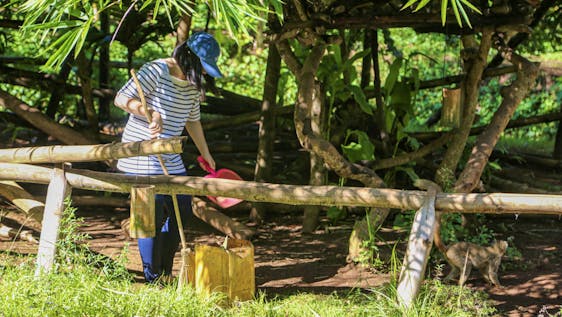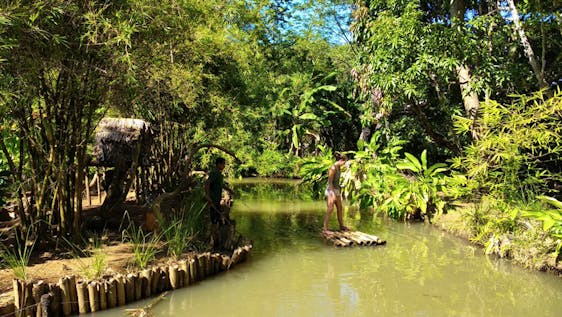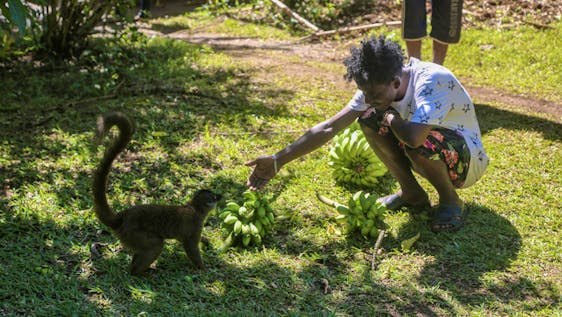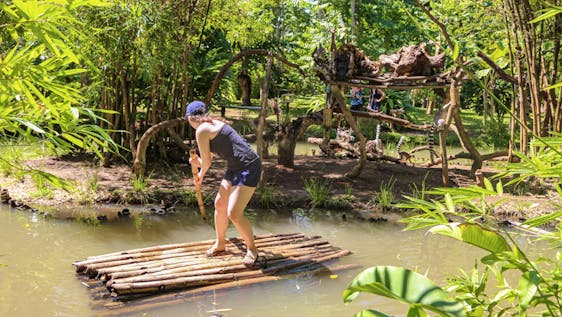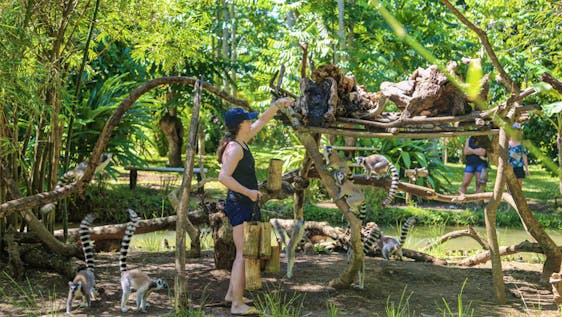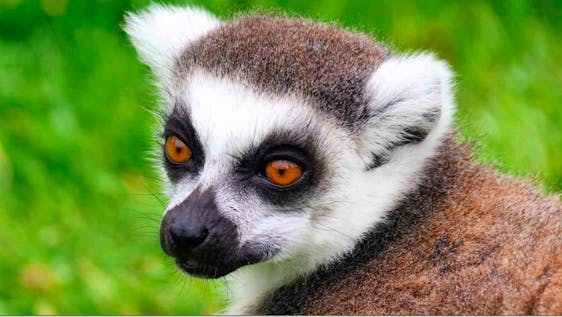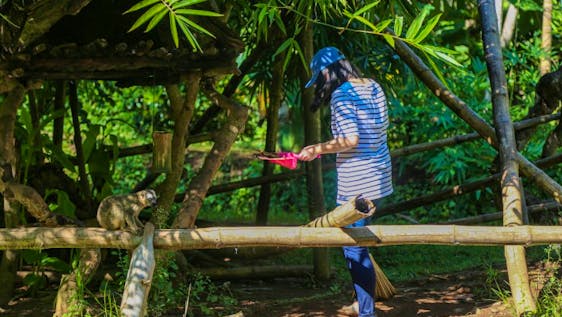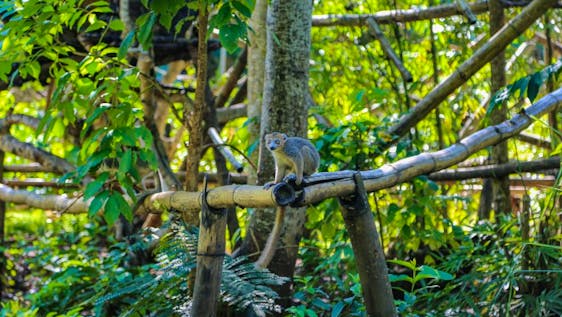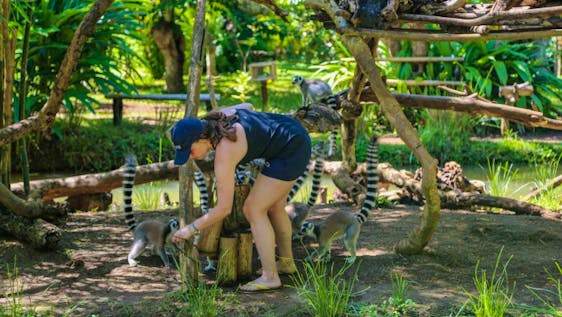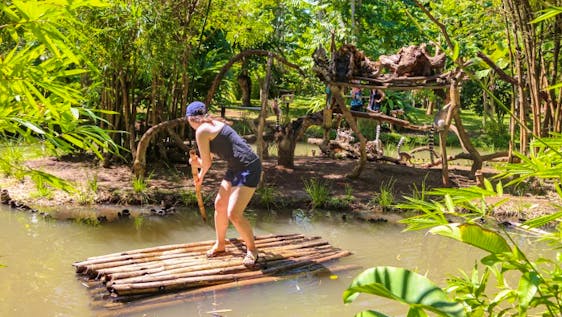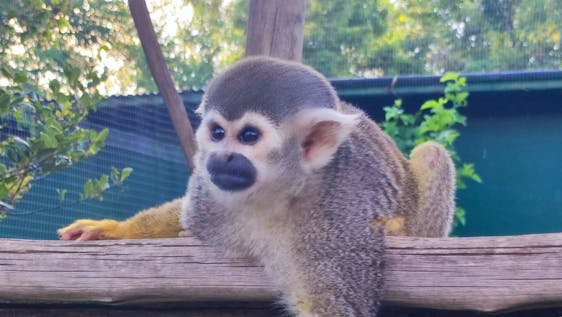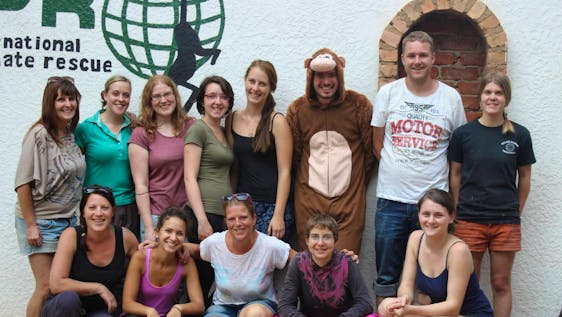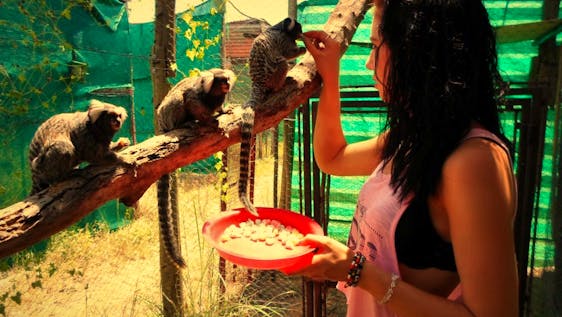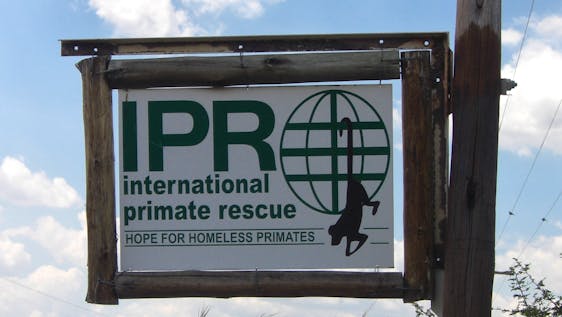Lemur Sanctuary Volunteer

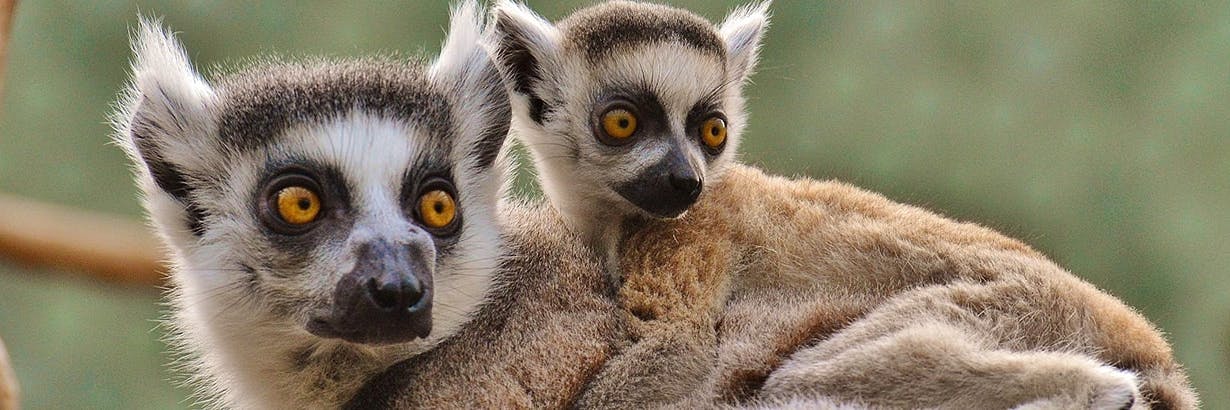
Volunteer for Lemur Conservation
If you are interested in primate conservation in general, you might also like to learn more about lemur conservation in particular. As part of this line of voluntary work, your voluntary work will be to do your part to ensure that lemurs do not become extinct. Lemurs have been on the red list of endangered species for quite some time now as population numbers are very low on an international level. This is why your help as a lemur conservation volunteer is very much needed. Below, you cannot only find out why lemurs are in danger of becoming extinct in the first place. We would also like to tell you how to volunteer with lemurs and what this is going to entail. In turn, this information can help you decide whether volunteering in Madagascar is really something that you are interested in.
Why are lemurs in danger?
Unfortunately, both unregulated and illegal hunting, as well as habitat losses, continue to be great causes for concern. In Madagascar in particular, annual burning actions, which are meant to create new pastures for the local livestock, are putting these primates at risk. Their natural habitats are already restricted and are becoming even more restricted due to such regular practices. Moreover, overgrazing following the creation of these new pastures is also a huge issue.
In addition, large numbers of trees are required for local charcoal production, which thus hurts lemurs as their natural habitats are slowly disappearing. In some areas, lemur conservation efforts are of vital importance since these primates are even being hunted for food. On top of that, many people still like to keep lemurs as pets, which is further hurting the global population. Sadly, the following factors are also threatening lemurs and putting them in danger. As you can see, the threat of the extinction of this primate species is all too real.
- Global warming (such as frequent droughts that are responsible for habitat losses)
- Climate change
- Deforestation
- Forest fragmentation
- Pollution
On this day, the local lemur population in some forests is as low as 60 animals. Even though there are about 2,500 lemurs that live in captivity such as in zoos, this is not enough to ensure the survival of this species in the long run. Volunteer in Madagascar and do something meaningful. Some species are already facing possible extinction.
What are my tasks as volunteer for lemur conservation?
If saving these primates is of great importance to you on a personal level, singing up for voluntary work in this area is the way to go. When volunteering in lemur conservation, there are a number of things that you can do to prevent these primates from dying out. What kind of work you will be expected to complete is going to very much depend on your lemur conservation program and its requirements. However, you will most likely get a chance to get up close and volunteer with lemurs. This could either mean caring for the orphaned and injured lemurs or monitoring the local population. However, education is also hugely important as part of any lemur conservation efforts. The goal is to educate both the local population and general public about lemurs and why they need to be saved.
As such, you might be asked to teach a class to schoolchildren or tourists so that they can learn more. Community outreach might be part of your job description, too. Supporting habitat conservation will be just as important. Furthermore, lemur conservation might go hand in hand with eco-tourism. This is often the case in Madagascar, where your chosen lemur conservation program might be located. In fact, even just becoming an eco-tourists can be very helpful. After all, lemurs are one of the attractions of eco-tourism. If they were to die out altogether, eco-tourism would thus lose one of its attractions, which could mean a decrease in the number of visitors. Hence, eco-tourism can actually be beneficial to the survival of lemurs, too.
Where can I volunteer with lemurs?
Becoming a lemur conservation volunteer might mean that you are going to have the time of your life. While you will obviously be doing good as a lemur conservation volunteer, this does not mean that you will not be enjoying yourself at the same time. In particular, lemur conservation programs in Madagascar are very popular, since most people will never get to travel to this part of the world. If experiencing Madagascar first-hand is something that you are very much interested in and have dreamt of for a long time, then lemur conservation could be for you. As part of a big team of lemur conservation volunteers, you will also get to make new friends. Some of these friends might even become your friends for life.
Why is lemur conservation so rewarding?
As you can see, you will be expected to complete a wide range of very different tasks as a lemur conservation volunteer. This not only means that you are unlikely to get bored, but you can even learn new skills in the process. Some office work such as data input will likely be required. If you bring marketing or web development skills to the table, your lemur conservation program will probably be very happy to make use of these skills as well. In addition, you could be asked to call potential donors or help with fundraising efforts.
Further, consider that your time as a volunteer in Madagascar can prepare you for your career. This is especially true if you want to become a zookeeper or study biology. While volunteering abroad, you will get to immerse yourself in a foreign culture. This in and of itself will likely make you grow as a person. Hence, you will return home a lot more mature. Above all, being a volunteer abroad will be great fun. Most people will never get to interact with lemurs on such a personal level, wherefore you should consider yourself lucky. Knowing that you are doing something meaningful for this species is moreover going to make you feel better, too.
EVALUATED NE
DEFICIENT DD
CONCERN LC
THREATENED NT
ENDANGERED CR
IN THE WILD EW
 Monkey Conservation
Monkey Conservation
 Hotspots
Hotspots
 Activities
Activities
 Africa
Africa
 Eastern Africa
Eastern Africa
 Madagascar
Madagascar
 Environment
Environment
 Vegan
Vegan
 Conservation Work
Conservation Work
 Plant Conservation
Plant Conservation
 Nosy Komba
Nosy Komba
 Animal
Animal
 Wildlife Conservation
Wildlife Conservation
 Nosy Be
Nosy Be
 Bird Conservation
Bird Conservation
 Animal Sanctuary
Animal Sanctuary
 Tortoise Conservation
Tortoise Conservation
 Mexican Jaguar
Mexican Jaguar
 Bengal Tiger
Bengal Tiger
 Florida
Florida
 Americas
Americas
 North America
North America
 United States Of America
United States Of America
 Giant Tortoise
Giant Tortoise
 Reptile Conservation
Reptile Conservation
 Eagle
Eagle
 Premium
Premium
 Chameleon
Chameleon
 Primate Conservation
Primate Conservation
 Planting Trees
Planting Trees
 Plastic Reduction
Plastic Reduction
 Reforestation
Reforestation
 Waste Reduction
Waste Reduction
 Southern Africa
Southern Africa
 South Africa
South Africa
 Squirrel Monkey
Squirrel Monkey
 Tamarin
Tamarin
 Marmoset
Marmoset
 Capuchin Monkey
Capuchin Monkey
 Patas Monkey
Patas Monkey
 Macaque
Macaque
 Vervet Monkey
Vervet Monkey
 Sugar Glider
Sugar Glider

